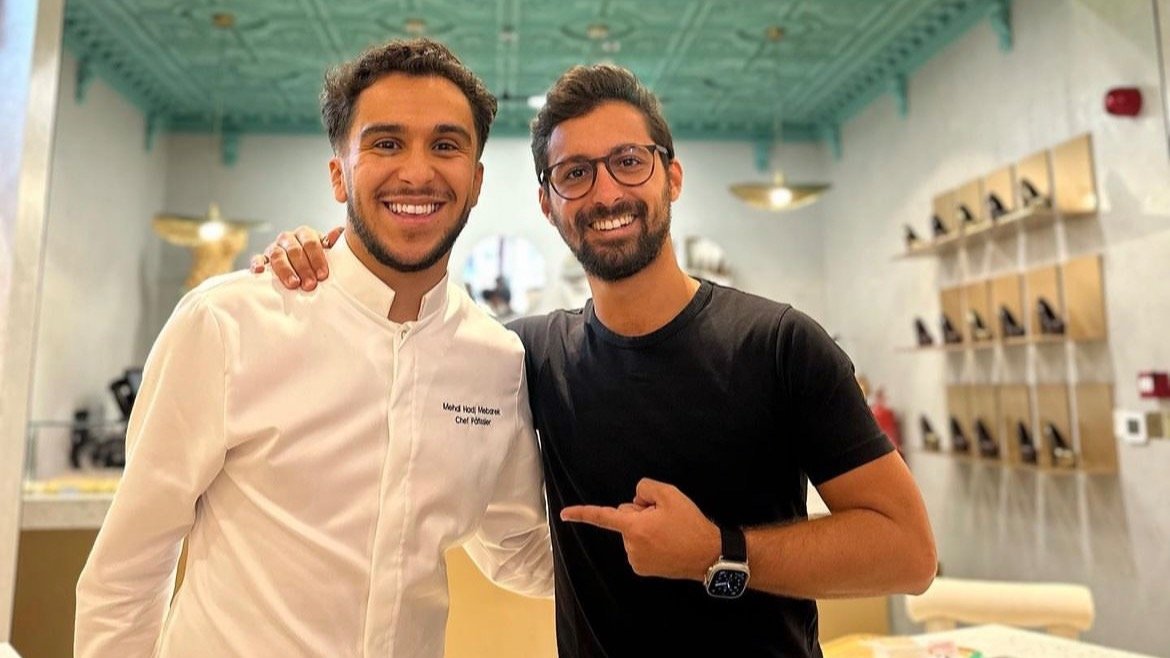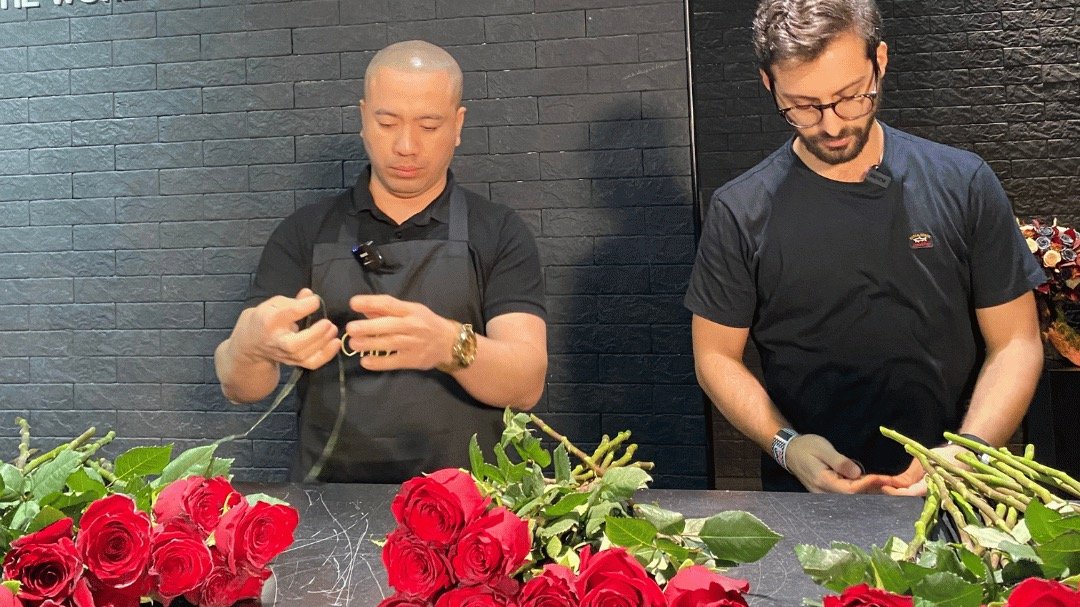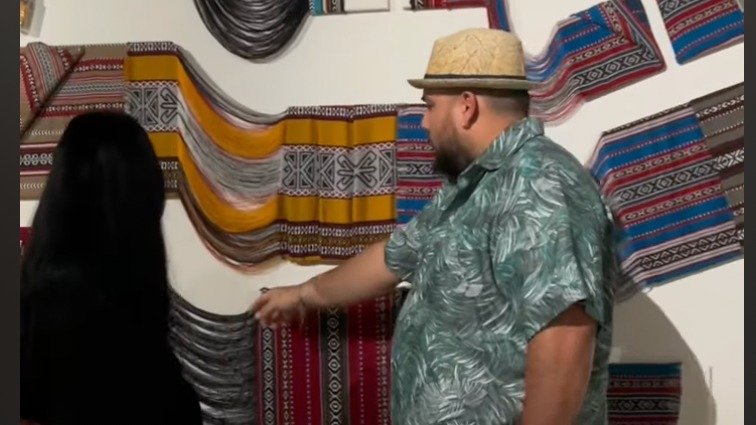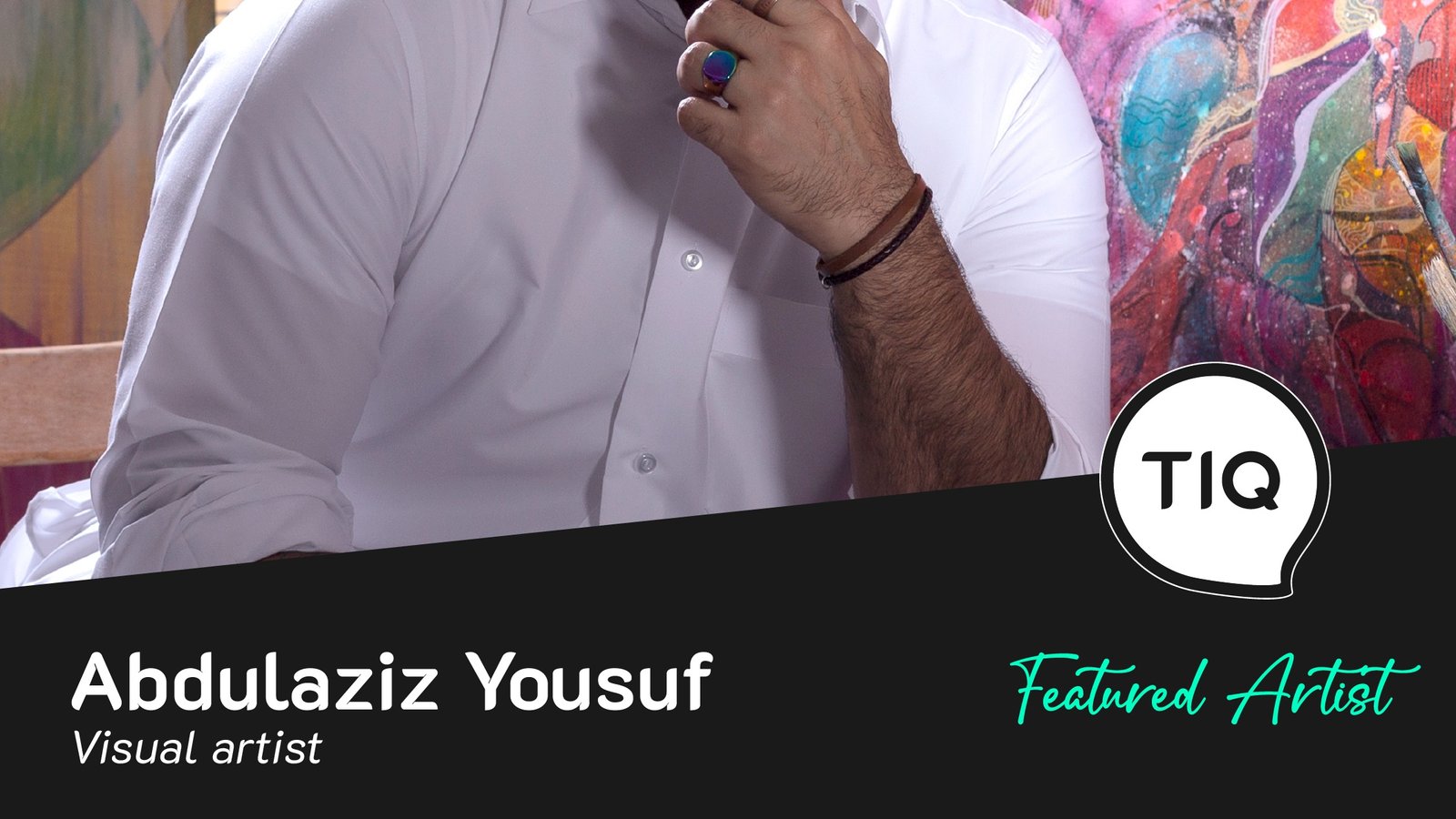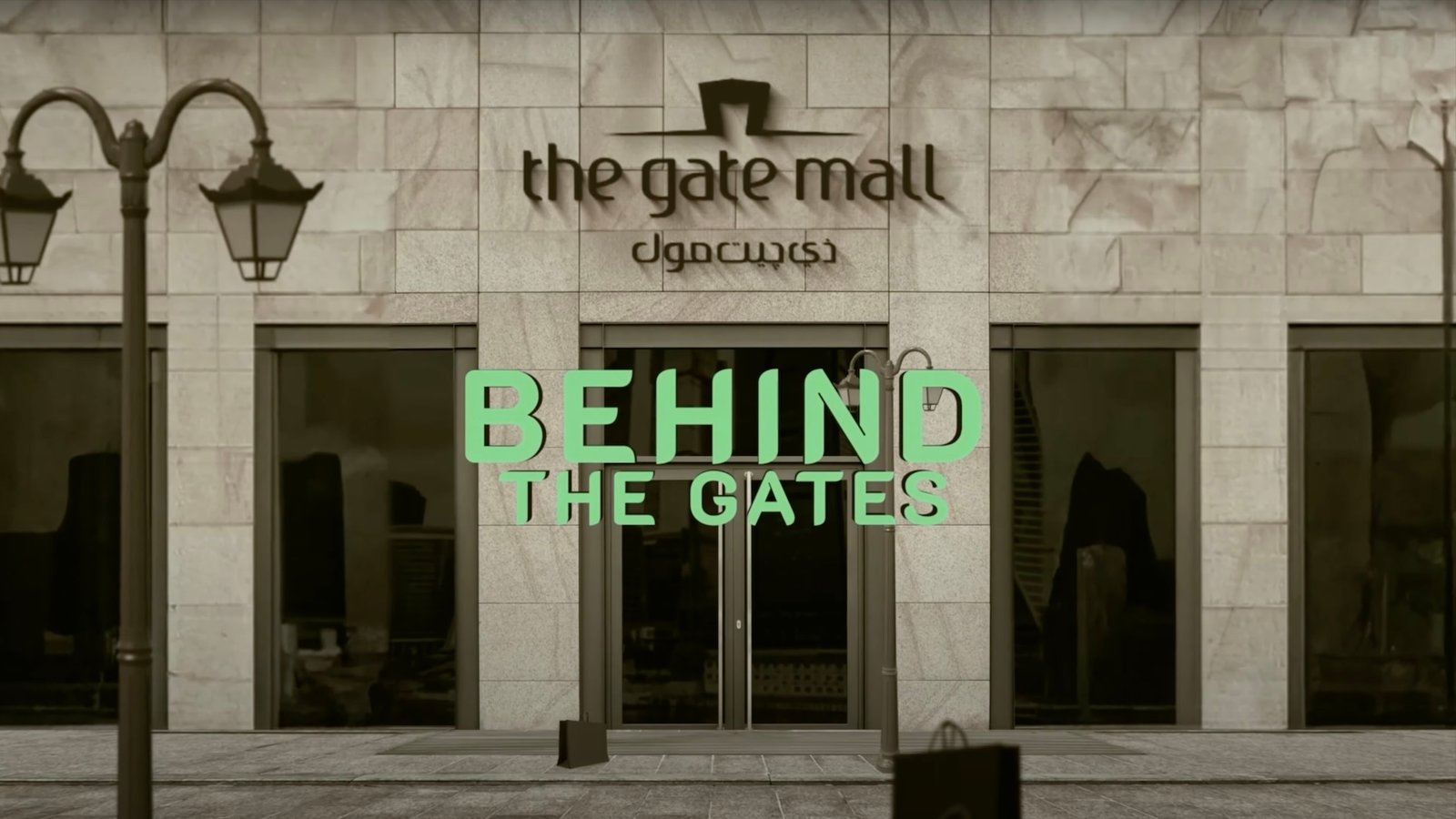Hoops for All Basketball Camp: A FIBA Foundation Initiative Led by...
Abdulrahim Ashraf Abuissa, a FIBA Youth Leader and FIBA Foundation Basketball...
Dec 16, 2024
Event examines stereotypes portrayed in Orientalism through art
Elisabeta Kadrija, Nov 21, 2023
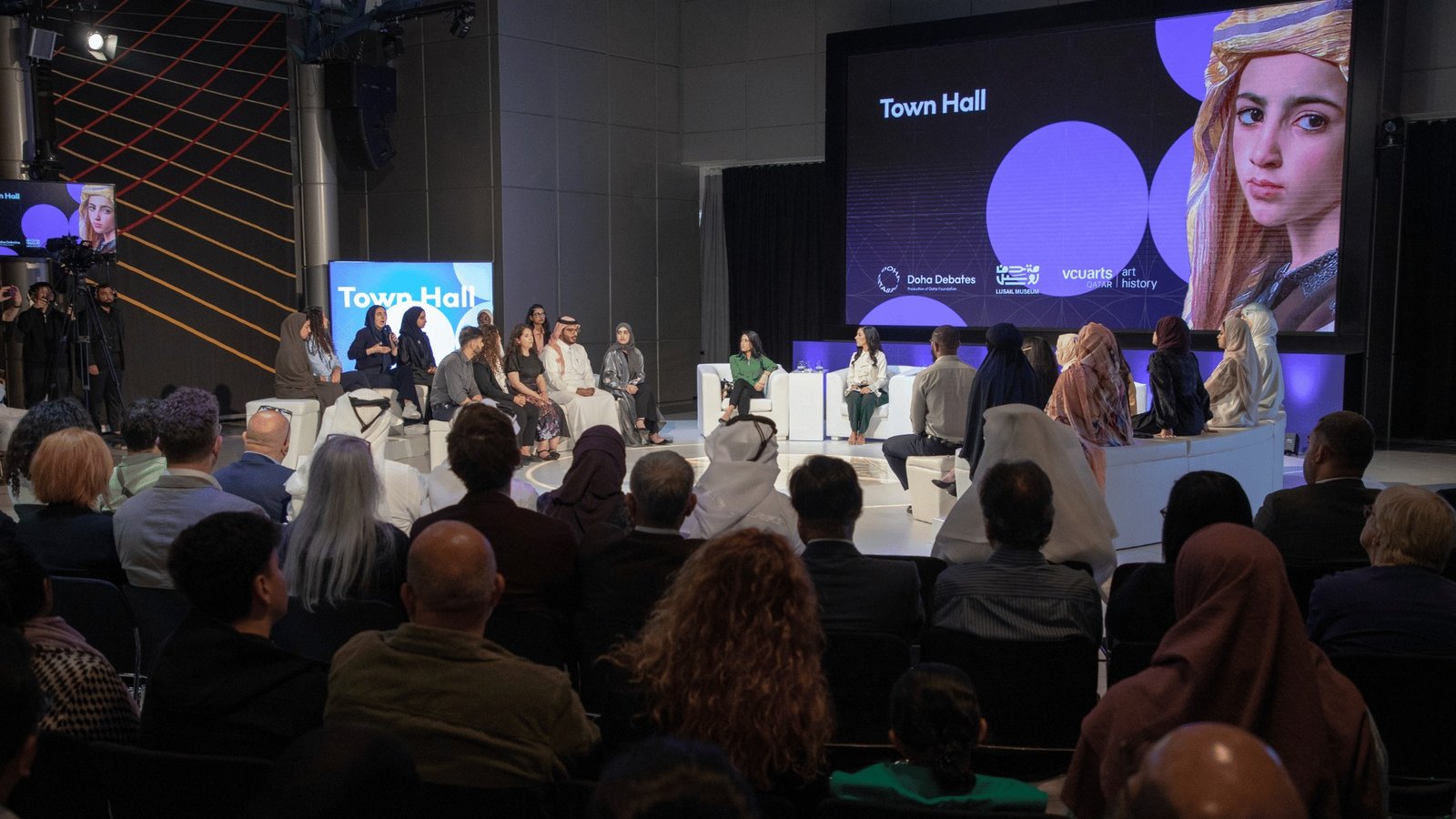
Doha,
Qatar, 21 November 2023: With artistic portrayals of Arab and Asian identities
through the eyes of the West often being inaccurate and leading to negative
stereotyping, Qatar Foundation’s Doha Debates has delved into how Orientalist
art has shaped these perceptions and stereotypes over centuries.
The Doha Debates Town Hall, which took place at Qatar Foundation (QF)
partner university Virginia Commonwealth University School of the Arts in Qatar
and focused on ‘Orientalism Demystified: Eastern Insights on Western Myths’, explored
whether museums should still present Orientalist works in their collections,
given the often negative connotations these artworks carry.
Orientalism began as an artistic, aesthetic movement that examined how
the West viewed the Arab, North African and Asian worlds. In parts of the 18th
and 19th Century, art portrayed people from the West as masculine,
rational and superior, while those from the East were villainous, barbaric, and
exotic, with women in particular depicted as helpless – negative stereotypes
still reflective today in modern culture.
But as journalist, author, and commentator Fatima Bhutto explained at
the Doha Debates event, Orientalism is not just an artistic movement; it can
have real world implications on how people view each other, and can reinforce harmful
stereotypes.
“These stereotypes absolutely influence how the West views the East,”
she said. “To be able to get away with trying to conquer those in the East, the
West had to portray itself as a paragon of virtue, science, rationale, and
enlightenment, while portraying the East as the opposite – savage, barbaric,
and fanatical.
“It’s a fantasy that’s happened for hundreds of years. We know it’s
still pervasive now because we still live through it every single day, although
sometimes it’s more transparent than others. It’s a dehumanizing language
that’s still used, in everything from the media to Hollywood films.”
Inaya Folarin Iman, a
broadcast journalist, commentator, and trustee of the National Portrait Gallery
in London, said: “Often, the most thought provoking and compelling artworks are
deeply offensive because they challenge us and ask us to question deeply held
taboos.
“Two very different and mutually exclusive opposing views can each
have compelling and sincere justification, and as long as we are open to
discussing them as citizens and human beings, it is OK for us to come to
different conclusions.”
Kholood Al-Fahad, a writer,
researcher, and the Deputy Director of curatorial affairs at the Lusail Museum,
aired her belief that art from previous centuries is not always created through
first-hand knowledge. “Orientalist art is the intersection between fact and
fiction, and imagination and reality,” she said. “It gives a lot of freedom for
interpretation, as artists don’t have access to what they paint, and therefore
can only imagine it, often meaning that the depiction is not accurate.
“Artists often invaded very private spaces when creating art, like portraying
females in areas where men – especially foreigners – would not be permitted to
enter. But by portraying ladies as accessories in what they see as an exotic
paradise, artists deprive those women of their rich culture and dynamic life,
because it’s hidden behind what the painter thinks and wants to see.”
Agreeing with Al-Fahad on art being created by an artist unfamiliar
with their subject matter, Intissar Rebouh – one of a number of students and graduates
who were onstage during the Town Hall event to share their own experiences and
insights into Orientalism art – said: “Some of these depictions can be harmful,
if they have negative imagery or connotations, but some can also clearly
express the past.
“Jewelry, clothes, and architecture can be an accurate reflection of
our history, so we can engage with the art and take some value from it, as long
as we’re aware of its accuracy.”
Recent graduate Lafan Hassan told the event: “I think art is a form of
expression, and with expression comes context and history. The first step to
questioning anything is to be exposed to it.
“I agree with decolonizing art, but not necessarily removing it. Art
is not just in museums but everywhere, including on social media, where it can
be deconstructed, so why can’t museums do the same thing?”
However, Hashmatullah Rahimi, a Student Art Teacher from the American
University in Afghanistan, disagreed, saying: “For me, museums mean much more
than just a place to exhibit the history of a country.
“They are what educate and shape future generations, because whatever
we exhibit impacts us morally and spiritually. We need to care about
Orientalist art that is close to the stereotypes the West portrays of our
cultures when it’s negative and wrong, and stop future generations from
believing it’s reality when it’s not.”
But Iman explained it is
not only those from the East who are critical of the way they are portrayed in
art, saying: “It’s important to recognize the diversity of the West, too, so we
don’t stereotype others in return.
“Art in and of itself is a distortion of reality – we shouldn’t expect
exact replicas of countries or communities by those who haven’t been to them,
but we also can’t miss the beauty of art itself.”

Abdulrahim Ashraf Abuissa, a FIBA Youth Leader and FIBA Foundation Basketball...
Dec 16, 2024

Al Jazeera Media Network will launch its new digital platform “Al Jazeera 360...
Sep 14, 2024

Radisson Blu Hotel, Doha is thrilled to announce the return of its highly ant...
Aug 21, 2024
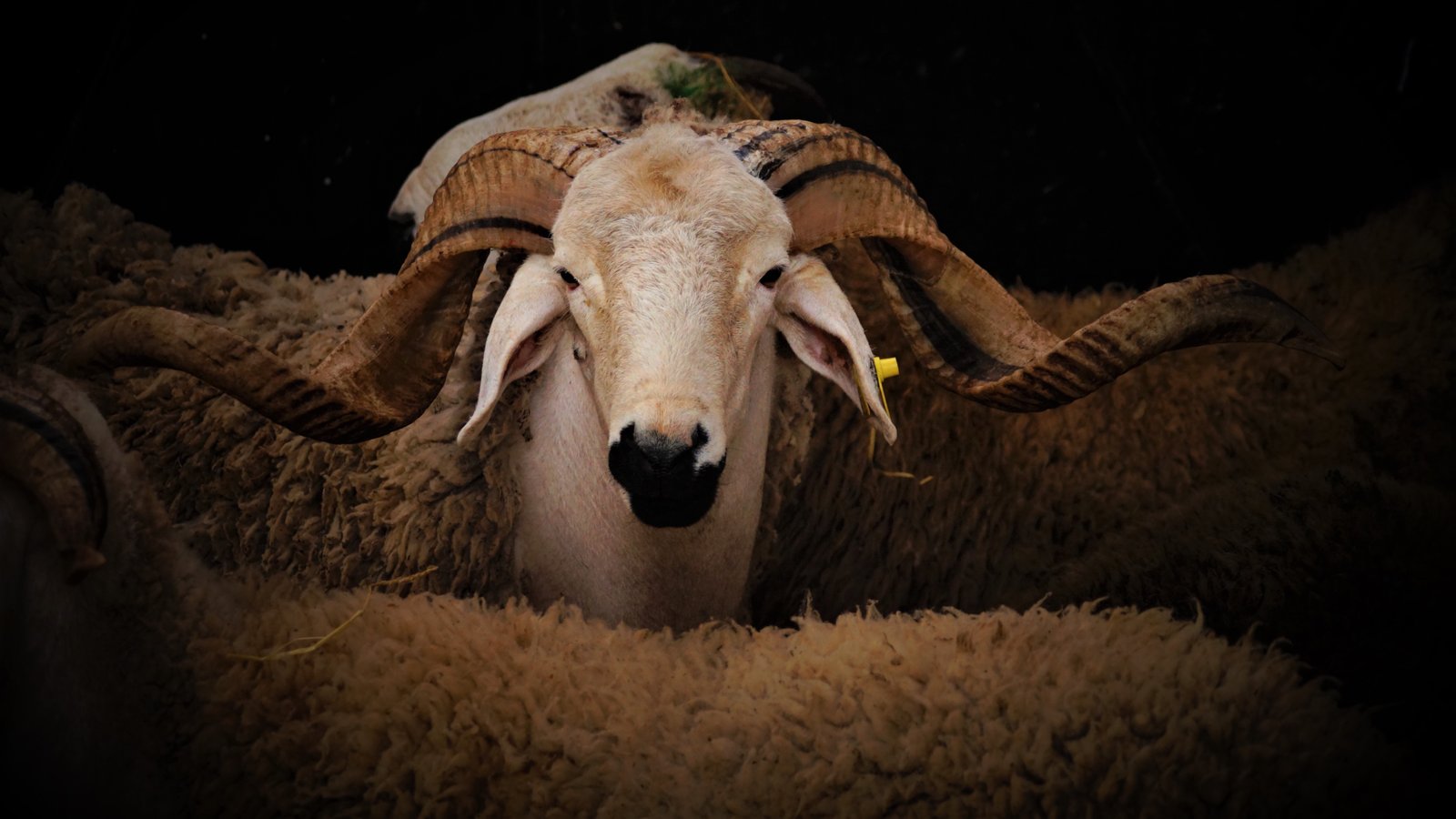
Eid al-Adha, or the "Festival of Sacrifice," is one of the most significant c...
May 21, 2024
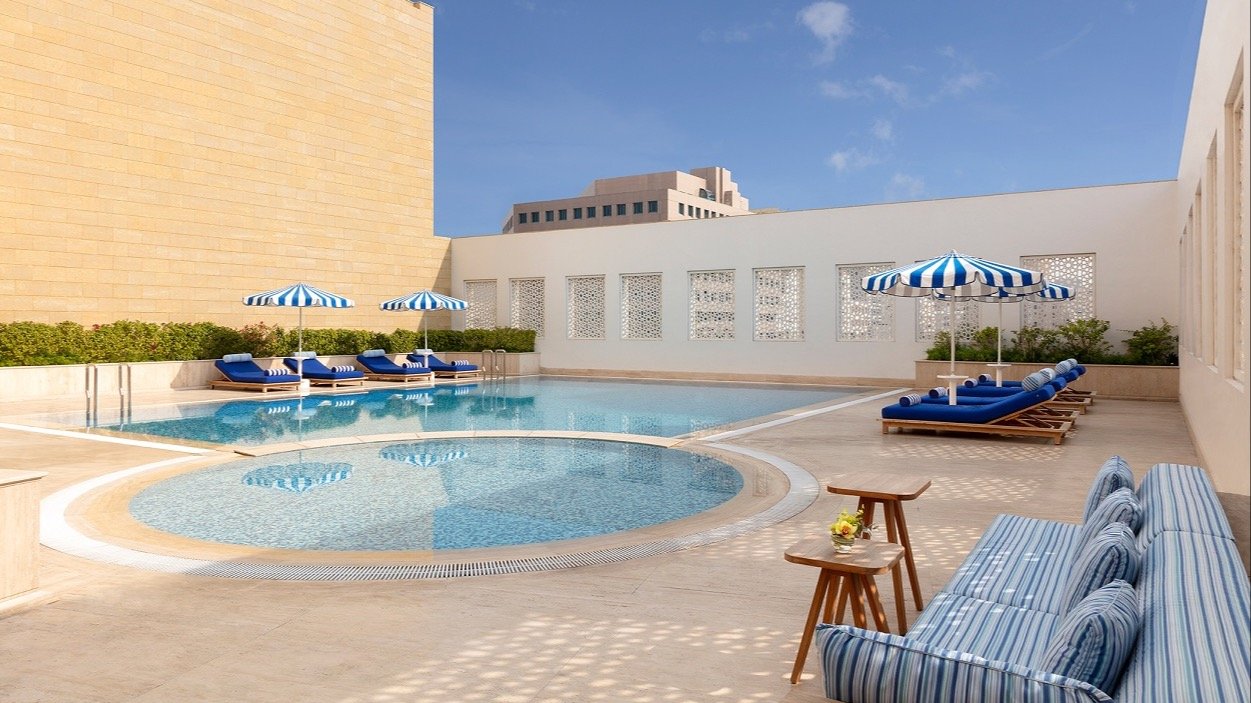
To Celebrate Eid Al Adha and Beat the Summer Heat
Jun 11, 2024

Subscribe to our newsletter !
Feb 05, 2025
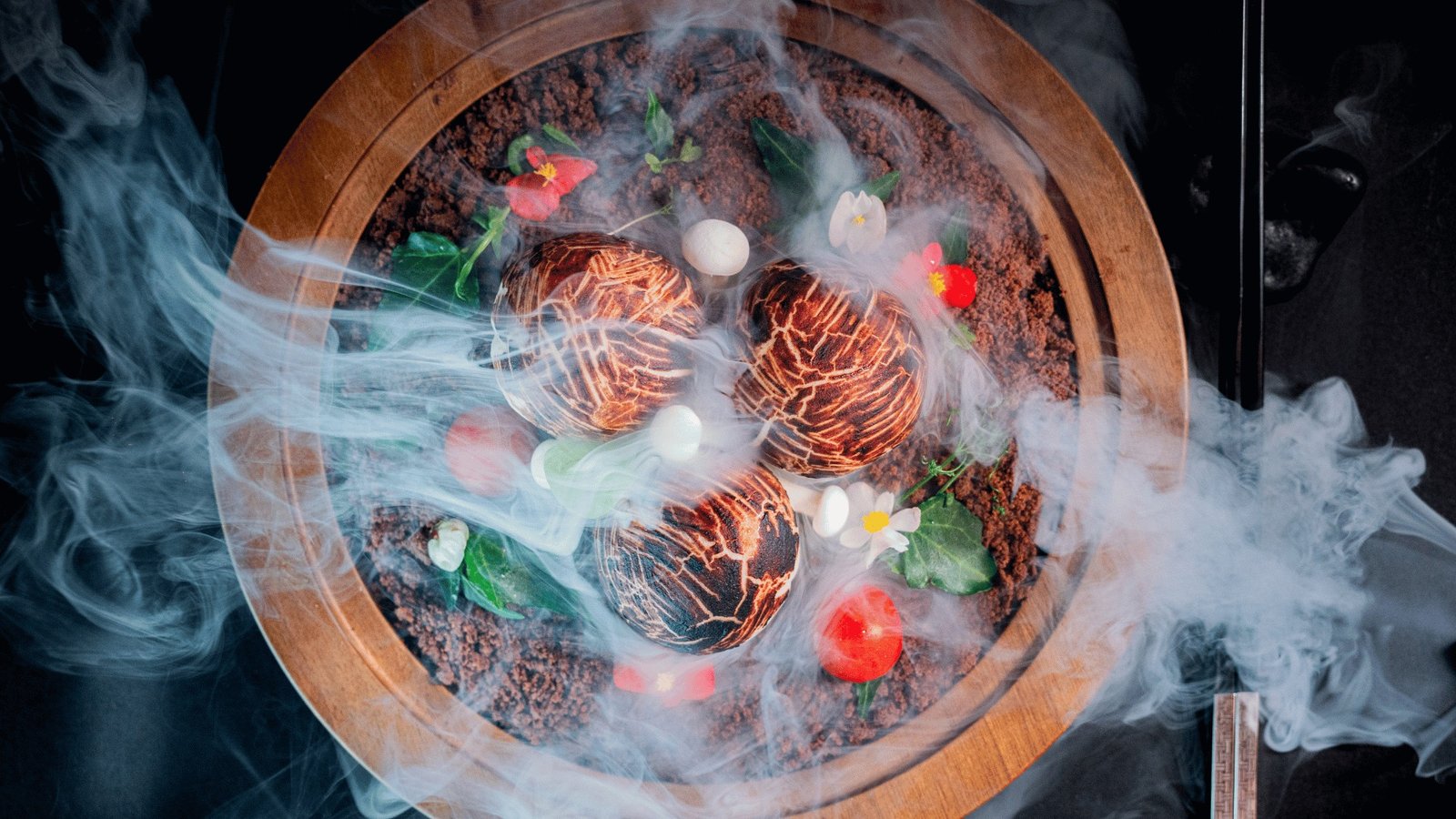
Waldorf Astoria Doha is delighted to officially announce the Grand Opening of...
Jun 11, 2024
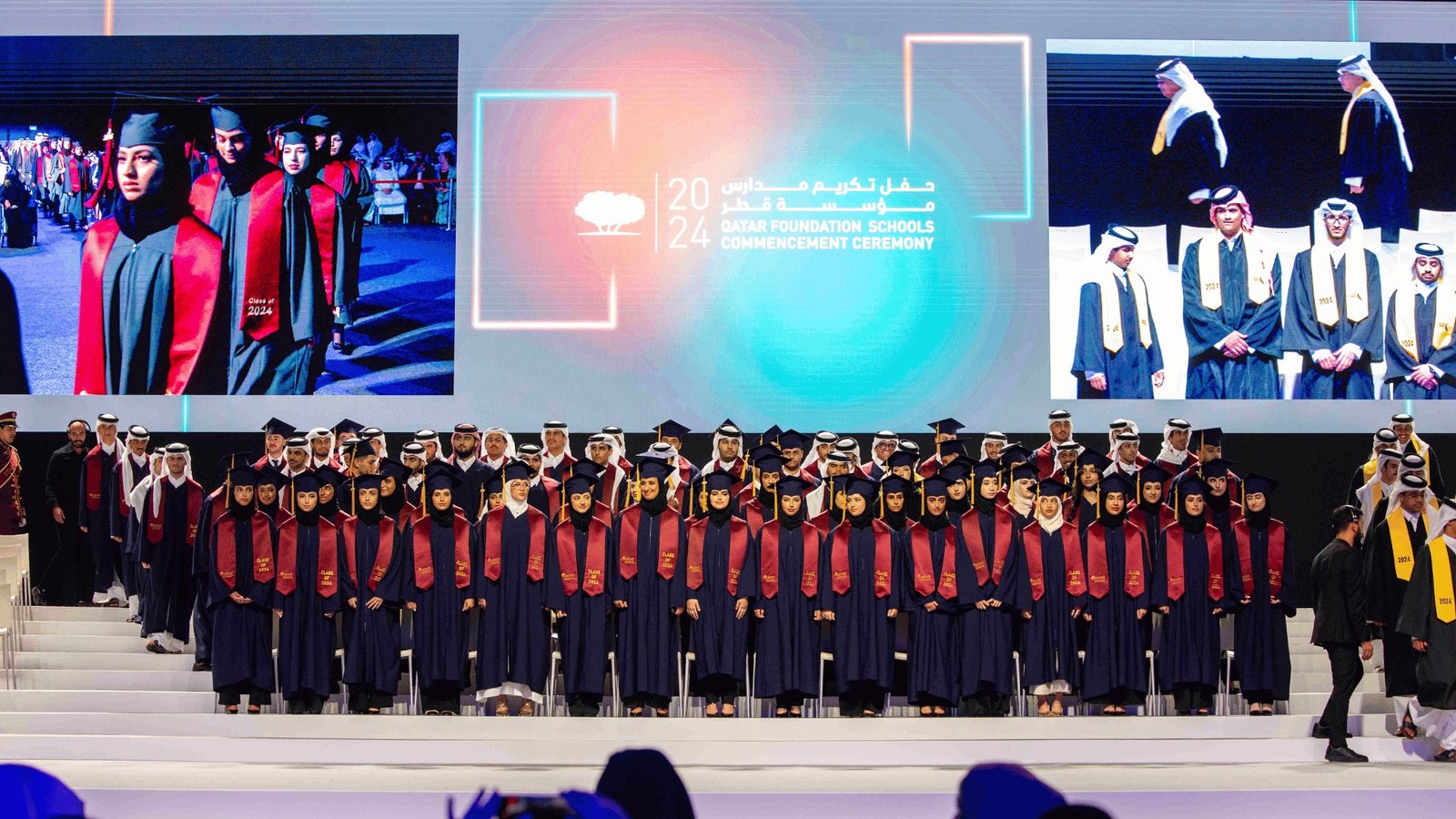
The ceremony honored 290 graduates from seven schools under Qatar Foundation’...
Jun 04, 2024
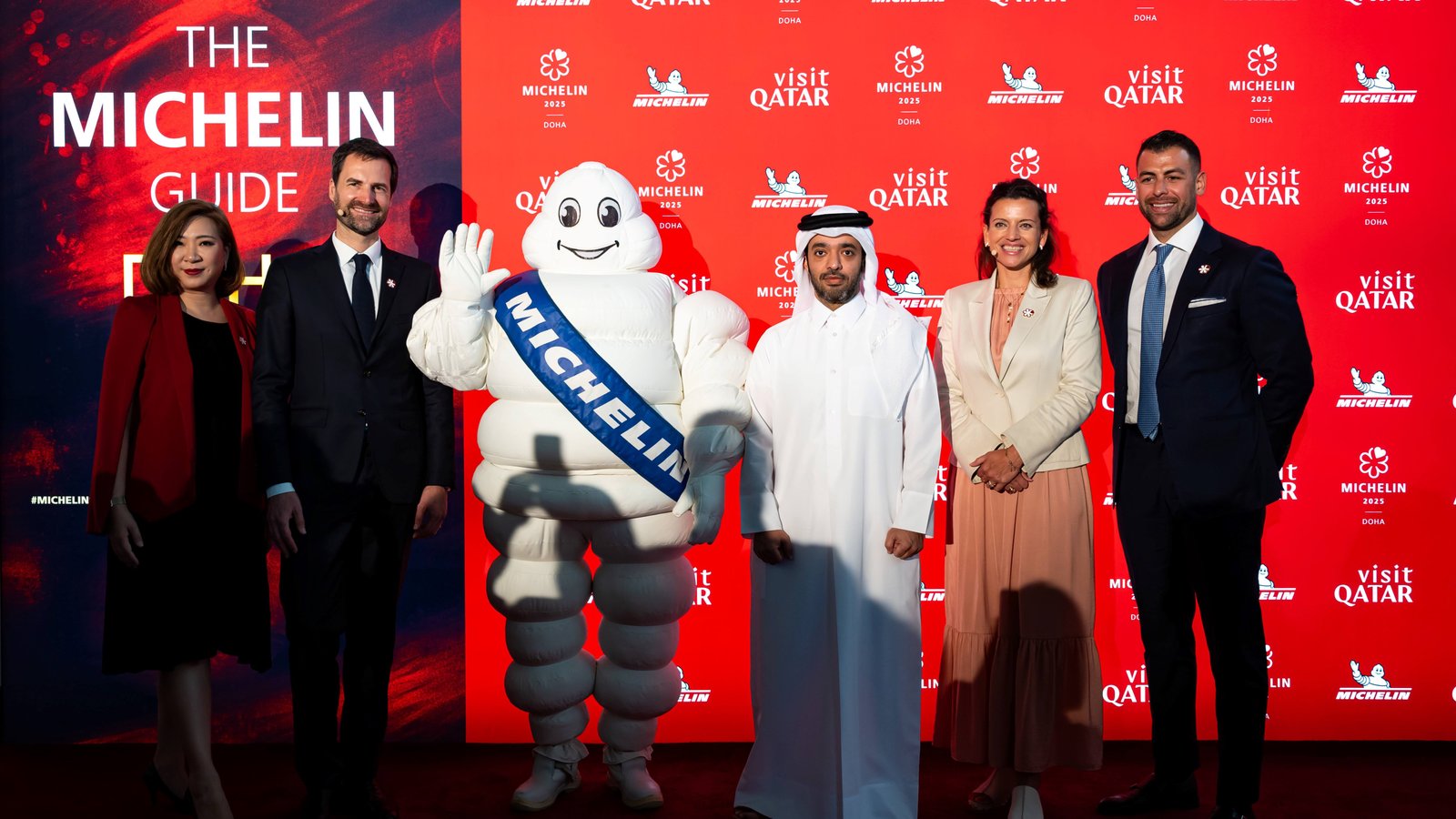
The MICHELIN Guide announced its arrival in Doha, Qatar for an upcoming 2025...
Jun 04, 2024
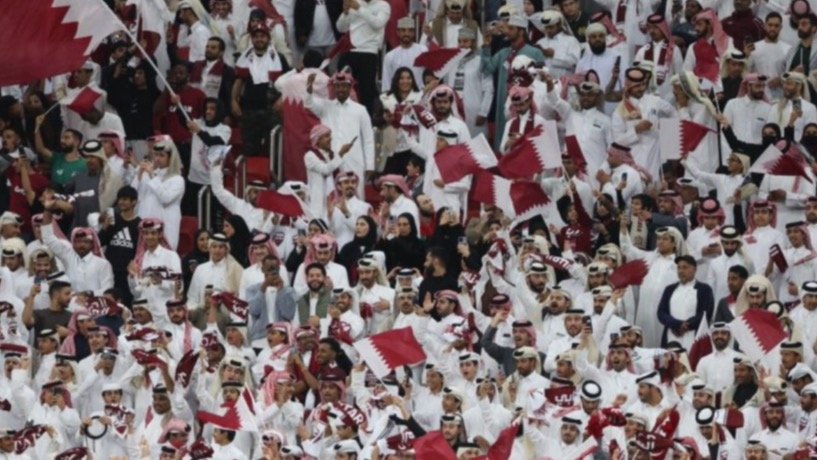
52nd Amir Cup Final Tickets: May 24, 2024, Education City Stadium.
May 20, 2024
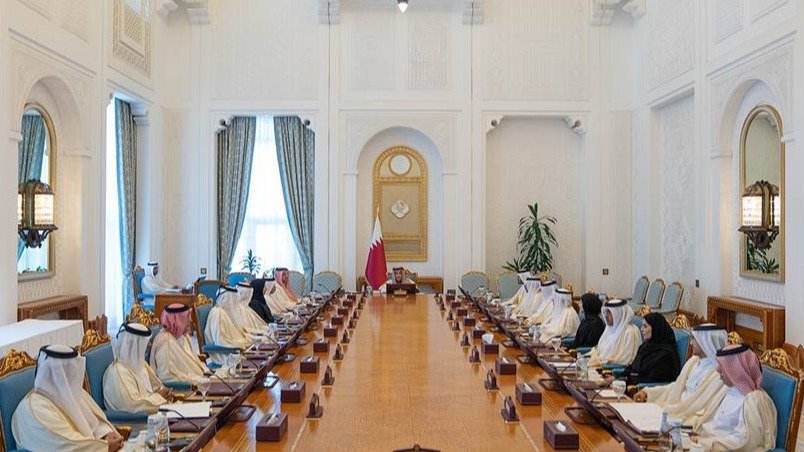
Qatar Cabinet approved a proposal to allow children to enroll in kindergarten...
May 23, 2024
